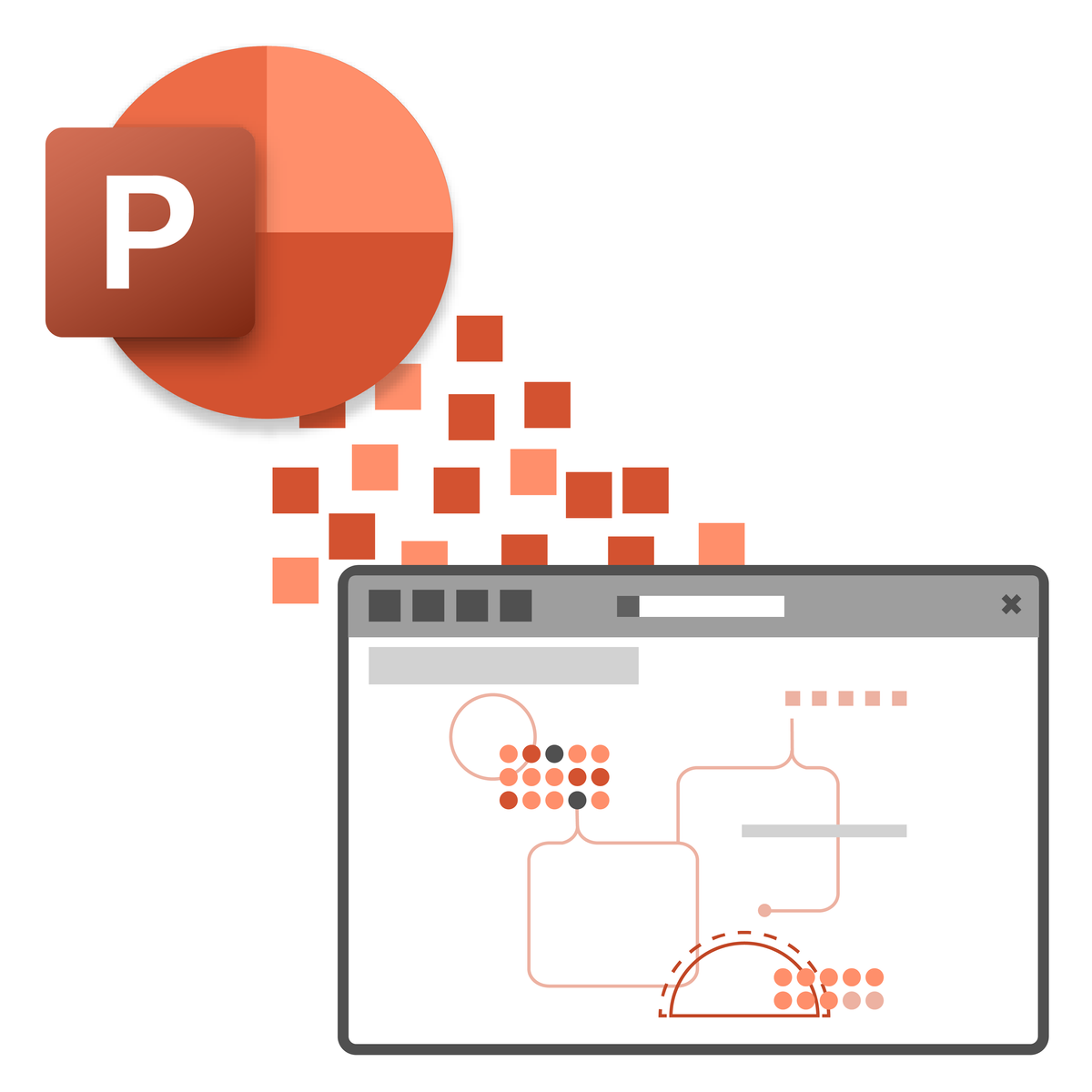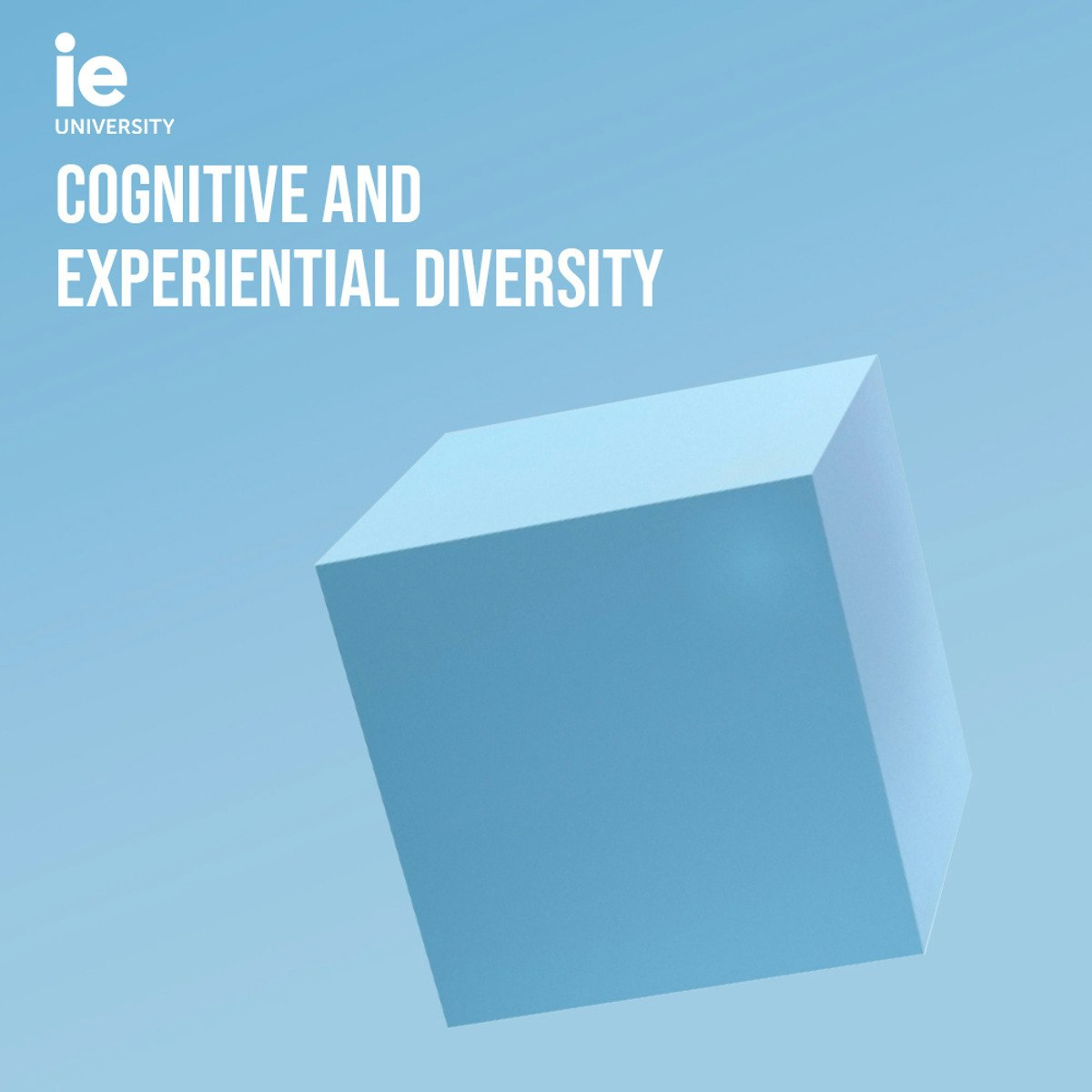Back to Courses









Business Essentials Courses - Page 33
Showing results 321-330 of 645

Assets in Accounting
In this second course, you will dive deeper into the world of bookkeeping and focus on accounting for assets. If you are familiar with bookkeeping basics, such as double entry accounting, you are ready for this course. You will gain an understanding of common asset types, learn how to account for inventory, calculate cost of goods sold, and work with Property, Plant, and Equipment (PP&E). Upon completing this course, you will use your new knowledge of assets to record transactions and produce financial statements for increasingly complex business situations.
By the end of this course, you will be able to:
-Summarize the common types of assets a business may have
-Describe the importance of control over inventory
-Outline how depreciation expense is reported on an income statement
-Illustrate how transactions can be recorded in terms of the resulting change in the elements of the accounting equation.
Course 1 Bookkeeper Basics, or the equivalent, is a recommended prerequisite for this course.

Work Smarter with Microsoft PowerPoint
This course is intended for learners with some experience using Microsoft Windows, who are seeking to build presentation skills with Microsoft PowerPoint. To be successful in this course you should have an understanding of the basics of using a Windows-based computer. Experience with printing and using a web browser are an asset, but not required.
Knowing how to use Microsoft Office products is essential in any professional setting. Whether you want to expand your expertise to apply for a new role, start your own business, or simply develop a new personal skill this course is for you.
This course is intended to help you get up to speed on many of the different features found in PowerPoint and to become familiar with its more advanced selection of features. You will learn how to create, save, and present a basic presentation; apply the basics of formatting; and add multimedia to a presentation. If you are familiar with PowerPoint’s basic features you can take your skills to the next level. If you are a beginner you will get the opportunity to develop your presentation skills using PowerPoint.
By the end of this course, you should be comfortable with customizing the PowerPoint user interface, customizing design templates, implementing media and custom animations in a presentation, using collaboration tools, customizing slide shows in a number of different ways, as well as securing and distributing a presentation.
This course will help you prepare for Exam MO-300: Microsoft PowerPoint (PowerPoint and PowerPoint 2019). You will be able to demonstrate the ability to create and manage presentations, insert and format shapes and slides, create slide content, apply transitions and animations, and manage multiple presentations. You will be able to apply the principal features of PowerPoint and complete tasks independently.

Cognitive and Experiential Diversity
In this course, we explore the nature of cognitive and experiential diversity, as understanding these invisible forms of diversity is essential to meet the needs of an organization.
Cognitive and experiential diversity is needed to drive innovation and disruption. To address the challenges of the future, we must understand the cognitive and experiential backgrounds needed to tackle every challenge that comes our way.
During the course, we will build models to guide us in measuring these different cognitive and experiential backgrounds and how we can leverage each in an organization.

The Future of Payment Technologies
Discover the future of payment technology, from mobile payments to tokenization.
In this course, you will learn new ways of making payments from consumer-to-business (C2B), from consumer-to-consumer (C2C), and from business-to-business (B2B).
You will explore current payment system technologies to examine their strengths and weaknesses, and understand the ways technological innovation is changing these traditional systems.
You’ll learn about new front-end innovations like digital wallets and mobile payments and also discover back-end innovations like tokenization, mobile money, and new payment infrastructure.

Financial Acumen for Non-Financial Managers
In this course, you’ll explore how financial statement data and non-financial metrics can be linked to financial performance. Professors Rick Lambert and Chris Ittner of the Wharton School have designed this course to help you gain a practical understanding of how data is used to assess what drives financial performance and forecast future financial scenarios. You’ll learn more about the frameworks of financial reporting, income statements, and cash reporting, and apply different approaches to analyzing financial performance using real-life examples to see the concepts in action. By the end of this course, you’ll have honed your skills in understanding how financial data and non-financial data interact to forecast events and be able to determine the best financial strategy for your organization.

Creating and Managing Teams Sites and Channels
The learner will have developed a basic but working instance of Microsoft Teams with a simple configuration of Teams sites and channels. The main focus of the course will be to explain and demonstrate how the sites and channels are used as a structure to plan, execute, monitor, and control work in an organization, using Teams tools: chat, conversation, document sharing, planning and executing online discussions and meetings, and controlling these events for maximum effectiveness. The learner’s template may then be further built-out and elaborated in an organizational environment into a production-ready instance of MS Teams for effective team-based collaboration and communication. Given the explosive growth and adoption of MS Teams globally, the course will equip the learner with both a valuable overall perspective on and understanding of the components and uses of the MS Teams with a focus on Teams sites and channels as the organizational shell within which actual work is planned and accomplished.

Creating a Budget with Microsoft Excel
By the end of this project, you will learn how to create a budget template in an Excel Spreadsheet by using a free version of Microsoft Office Excel.
Excel is a spreadsheet that is similar in layout as accounting spreadsheets. It consists of individual cells that can be used to build functions, formulas, tables, and graphs that easily organize and analyze large amounts of information and data. While a budget helps you stay within estimated costs and expenses for either a business or a family. We will learn to create a budget both automatically and manually, step by step. By utilizing Microsoft Excel you will reduce the burden of budgeting and see increase in accuracy. It will allow you to scale budgeting and to make record keeping and tracking of expenditures easier. We will also use basic graphing for presenting budget tracking. You do not need to be an advance user of Microsoft Excel as we will show you how to use templates that are provided in the program and simple formulas to create a budget for any reason.

Interview Research and Preparation
This course, the first in the "Interviewing and Resume Writing in English" specialization, guides you to discover the interests, talents and competencies that you can use to find and do work that leverages your strengths, passions and who you are as a person, so you can start doing work that matters to you and to the world. Whether you already have a career and are looking to move forward, whether you’re looking to change careers, whether you’re starting out in the world of work, whether you’re coming back into the world of work after some time away – this course will help you see your path more clearly and will teach you how to communicate your value to an employer in a way that he or she can immediately recognize.
After completing this course, you will be able to 1) use your individual cognitive, social and emotional traits, together with areas of interest, to discover how to find the future jobs that can give you the greatest satisfaction; 2) identify transferable skills of greatest value to the employers who have the jobs you’re interested in; 3) apply a simple strategy for presenting your skills to an employer in an effective and convincing fashion.

European Business Law: Understanding the Fundamentals
The European Union is one of the world’s largest and most important economies. This six week course is the first in a series of three that will provide students with an insight into European Business Law. The series ranges from considering the basic structures and principles of the European Union to focusing on various specialized areas of law. Each course will give the students an understanding of the laws and policies that regulate the internal market of European Union, as well as relevant case law and useful inputs from leading practitioners in the field.
At the end of this course series, you will have a basic understanding of how to:
• Navigate EU legal sources
• Understand relevant laws and regulations governing the internal European Union market
• Apply the fundamental principles of EU law within the EU legal framework
• Utilize the rules of freedom of movement and their impacts on trade in the EU
• Relate EU law with national laws
• Understand how individuals and companies are able to enforce their EU rights on national level
• Understand how an individual can challenge an inadequate EU legislation
• Understand EU policies and their influence on foreign trade and investment
About the Series
In the first course, Understanding the Fundamentals, we will examine the core structures and principles of the European Union as well as the main sources of law. In the second course, Doing business in Europe, we will focus on the main laws that regulate various aspects of establishing and running a business within the European Union. In the final course, Competing in Europe, we will go into more depth about how to compete on the internal market and protect your brand, product or invention.
To keep up to speed on the course series, visit our Facebook page at:
https://www.facebook.com/eblmooc/
Syllabus and Format
Each course consists of a number of modules where one module represents about one week of work. A module includes a number of lectures and readings, and finishes with a voluntary assessment – a quiz, a small peer graded assignment or a case law review. The assessments are intended to encourage learning and ensure that you understand the material of the course. Participating in forum discussions is voluntary.
Course I - Understanding the Fundamentals
Module 1. Introduction to EU law
Module 2. Legal Method and Sources
Module 3. Constitutional Freedoms and Fundamental principles
Module 4. Enforcement of EU Law and Judicial Review
Module 5. Freedom of Movement
Module 6. The External Dimension
Course II - Doing Business in Europe
Module 1. Making Business Transactions
Module 2. Establishing a Company
Module 3. Employing and Working in Europe
Module 4. Paying Taxes and Complying with Environmental Standards
Module 5. Resolving Cross-border Disputes
Module 6. Case Clinic
Course III - Competing in Europe
Module 1. Trademarks as Essential Assets
Module 2. Defending Patents
Module 3. Competition: Illegal Agreements
Module 4. Competition: Abuse of Dominance and Mergers
Module 5. Selling to the State and State Aid
Module 6. Advocacy and Legal Writing
Lund University
Lund University was founded in 1666 and has for a number of years been ranked among the world’s top 100 universities. The University has 47 700 students and 7 500 staff based in Lund, Sweden. Lund University unites tradition with a modern, dynamic, and highly international profile. With eight different faculties and numerous research centers and specialized institutes, Lund is the strongest research university in Sweden and one of Scandinavia's largest institutions for education and research. The university annually attracts a large number of international students and offers a wide range of courses and programmes taught in English.
The Faculty of Law is one of Lund University’s four original faculties, dating back to 1666. It is a modern faculty with an international profile, welcoming both international and Swedish students. Education, research and interaction with the surrounding community are the main focus of the Faculty’s work. The connection between the three is particularly apparent in the programmes and courses offered by the university, including the university’s MOOC course in European Business Law. The students get the chance to engross themselves in traditional legal studies, while interacting with both researchers and professionally active lawyers with qualifications and experience from various areas of law.
The faculty offers three international Masters: two 2-year Master’s programmes in International Human Rights Law and European Business Law, and a 1-year Master’s in European and International Tax Law. Students from around 40 countries take part in the programmes which offer a unique subject specialization within each field, with highly qualified researchers and professional legal practitioners engaged in the teaching.
The Master’s programme in European Business Law provides an in-depth understanding of both the practical and the theoretical aspects of business law within the European Union. The programme provides both general and specific knowledge of the European Union legal framework, which is necessary for students intending to work as legal advisors or business decision-makers. The programme is delivered in English and is open to students with at least a three year degree in Law (Bachelor, LL.B, or equivalent) who want to specialise in European economic and business law.
The MOOC course in European Business Law is a great course to start with for students intending to apply for the Master’s programme in European Business Law. Even though the MOOC course does not grant credits previous knowledge of the subject is considered upon admission to the master’s programme. For more information about the Master’s programme in European Business Law see https://www.law.lu.se/#!meb

Strategic management: Be competitive
The ability to think strategically in today’s global, high-tech business environment is critical to ensuring your organisation survives – and grows – into the future. By breaking down business strategy and value creation to its essential elements, you’ll develop your strategic thinking skills. And through structured learning activities including video lectures, quizzes, discussion prompts and written assessments you’ll discover how to improve your organisation’s competitiveness. This course focuses on the key principles behind the latest thinking in value co-creation, strategy and marketing, and teaches you how to apply them. By learning how to continuously plan, monitor, analyse and assess all that is necessary for an organisation to meet its goals and objectives, you will be better prepared to take your organisation forward in a viable strategic direction.
Popular Internships and Jobs by Categories
Find Jobs & Internships
Browse
© 2024 BoostGrad | All rights reserved